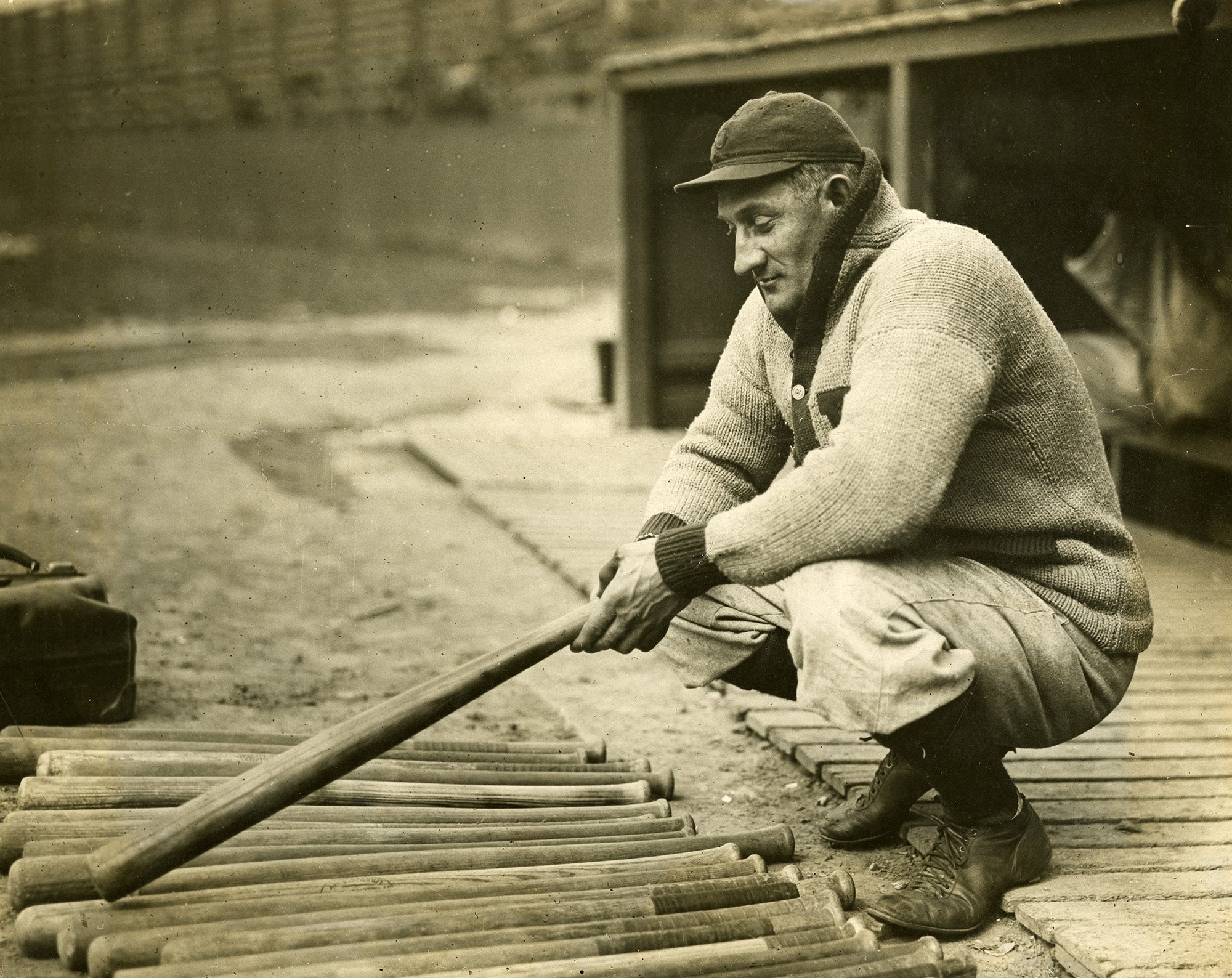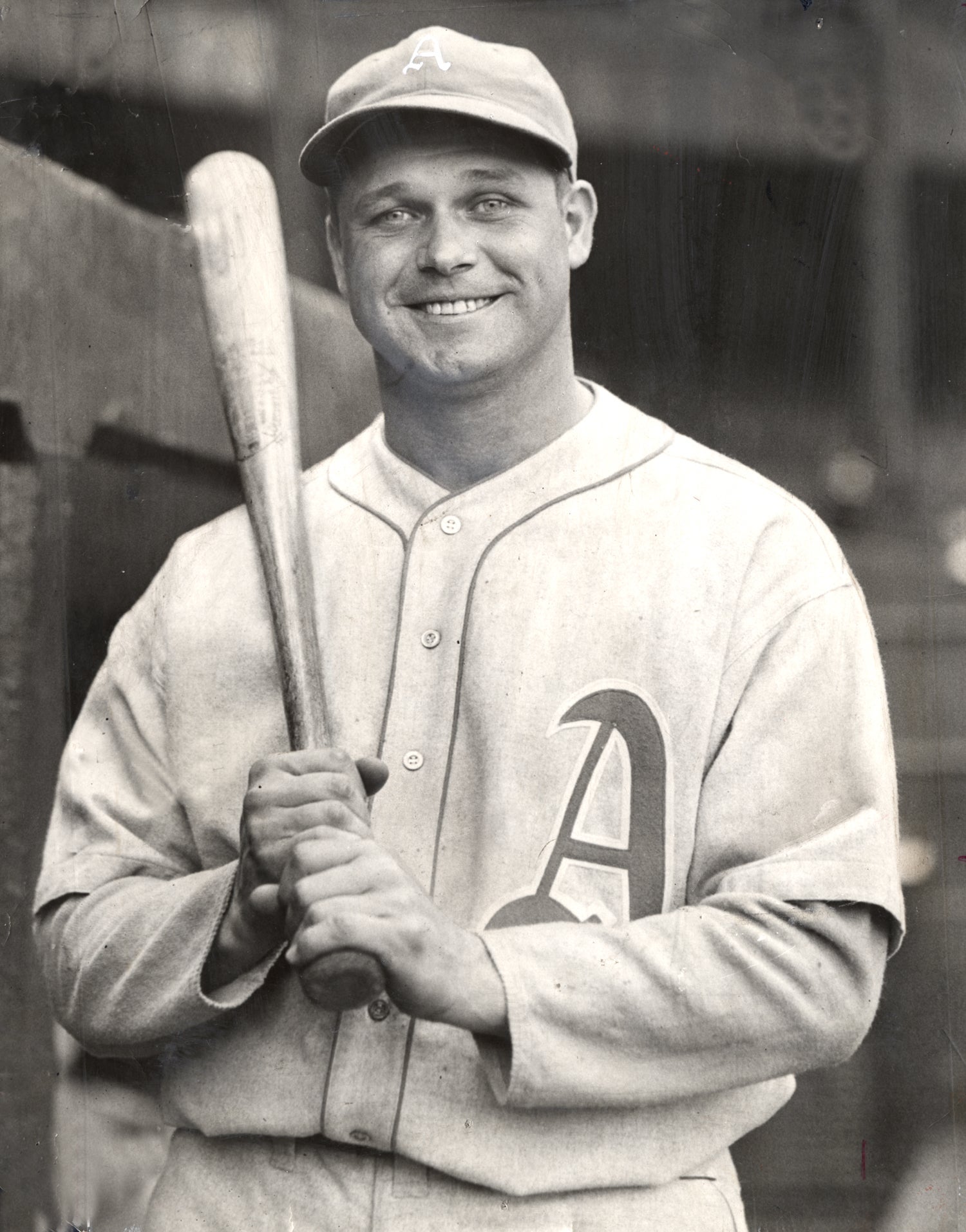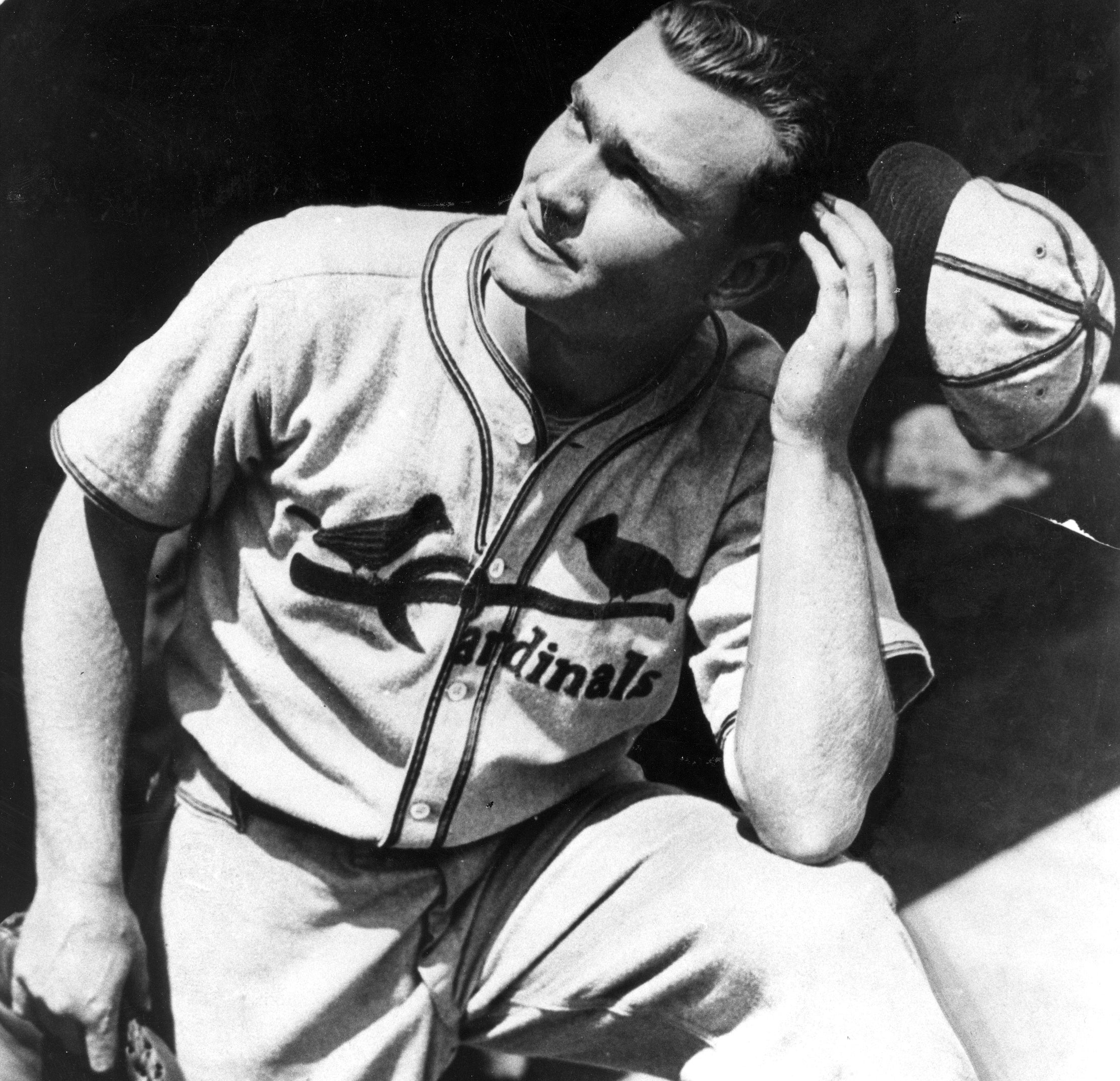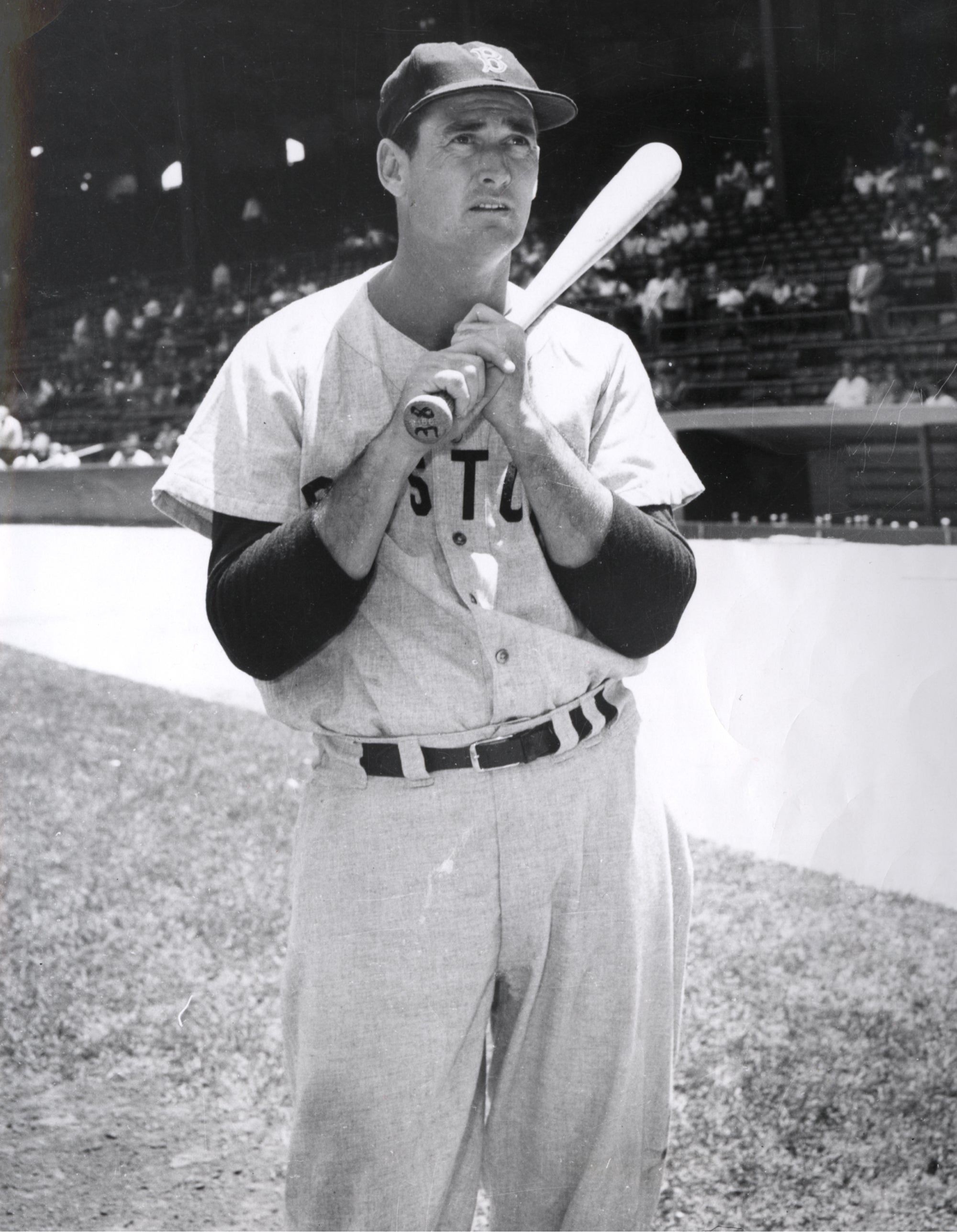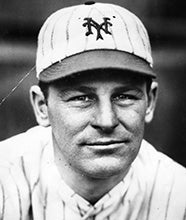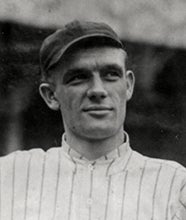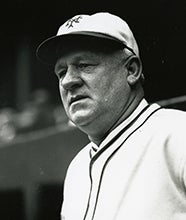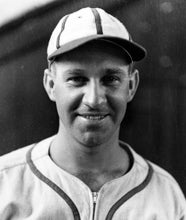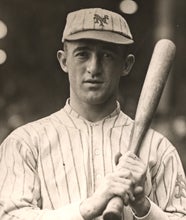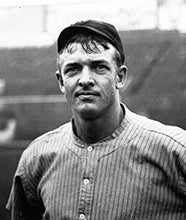- Home
- Our Stories
- Youngs’ cycle showcases his all-around skills
Youngs’ cycle showcases his all-around skills
Ross Youngs played just eight full seasons in the big leagues before kidney disease ended his career and his life in 1927.
But while he was at his peak, few believed there were more than a handful of better players in the game than the right fielder from Shiner, Texas.
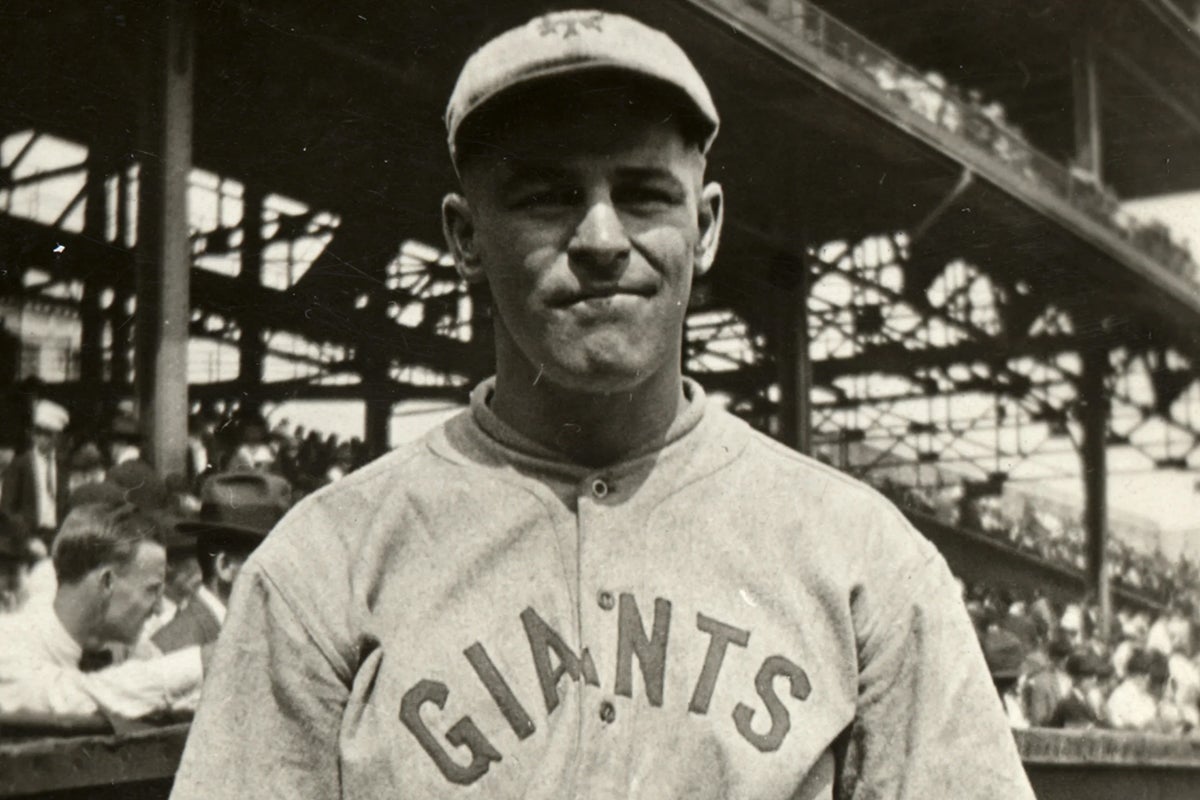
On April 29, 1922, Youngs – then in his sixth season with the New York Giants – recorded a single, two doubles, a triple and a home run against Boston at Braves Field. It marked the 15th time in modern (post 1900) National League history that a cycle had been achieved.
Youngs tripled, homered (an inside-the-park shot to left field) and doubled through five innings off Braves starter Dana Fillingim. Then in the seventh, Youngs doubled again off Rube Marquard, the former Giants ace who was finishing his career with Boston. And in his fifth at-bat in the ninth, Young singled off Marquard to complete the cycle and put an exclamation point on the Giants’ 15-4 win.
Youngs finished the day with five hits, five runs scored and two RBI.
The Giants won their second straight World Series title that year, with Youngs batting .331 with 105 runs scored, seven home runs and 86 RBI during the regular season. He hit .375 in the five-game sweep (Game 2 finished in a tie due to darkness) of the Yankees.
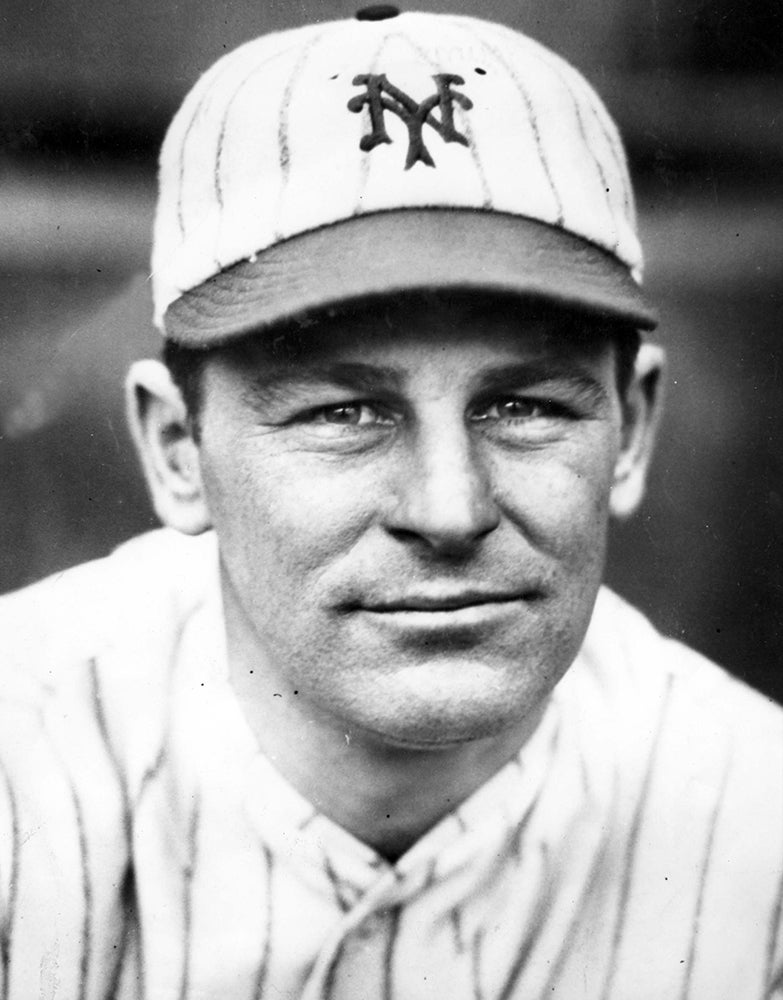
Nicknamed “Pep” for his all-out hustle by Giants manager John McGraw, Youngs was at the top of the baseball world.
“He was built like Enos Slaughter,” Giants teammate and fellow Hall of Famer Frankie Frisch said of the 5-foot-8, 162-pound Youngs. “Short, stocky and played with Enos’ hustle – and had even more ability.”
Youngs starred for the Giants’ four straight NL pennant winners from 1921-24 (New York lost the World Series in both 1923 and 1924) before slumping to .264 in 1925. He was sidelined with what was frequently called a cold or the flu – but the real ailment was Bright’s Disease, a now-outdated term for inflammation of the kidneys.
With the advent of antibiotics still years away, the disease had no cure in the 1920s. Youngs played in only 95 games in 1926 before returning to his home in San Antonio, Texas. He passed away on Oct. 22, 1927, at the age of 30, and was elected to the Hall of Fame in 1972.
McGraw was said to have kept two photos on his office wall: One of Christy Mathewson, who died in 1925 from tuberculosis, and one of Youngs.
“(Babe) Ruth can camp under a high fly as well as the next man,” McGraw said in a 1924 interview while comparing the two right fielders who called New York their home. “He has one of the greatest throwing arms ever seen in the outfield. But when you have said this, you have said it all. Babe is rather clumsy. He isn’t especially fast. He’s not a great outfielder.
“Pep Young is all these things, and he also has a (arm) as deadly as a rifle.”
Craig Muder is the director of communications for the National Baseball Hall of Fame and Museum

